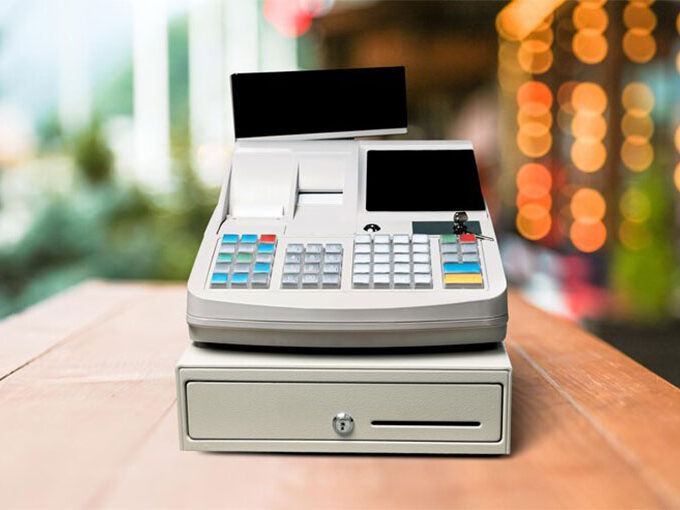In today’s fast-paced business world, and must provide companies with secure solutions that streamline document, contract, and approval management online in real time. Digital Transaction Management streamlines these processes while improving efficiency for companies of any kind.
If you’re a startup or an international company, DTM is quickly becoming essential to stay efficient and competitive. We’ll talk about what DTM is and how it works, and the reasons it’s going to be more vital than ever in 2025.
What is Digital Transaction Management?
Digital Transaction Management (DTM) is the process of managing transactions based on documents electronically instead of using paper. This can include contract signing, approving workflows, and monitoring document progress with cloud-based apps and secure platforms.
DTM is more than eSignatures. It encompasses the entire lifecycle of a transaction, starting from the initial creation, through collaboration, and finally approval and archive.
Also read: Top 7 Document Management Software
Benefits of Digital Transaction Management
Faster Turnaround Time
DTM cuts delays by automating document delivery, review, and approval. You can close deals in hours instead of days.
Improved Accuracy
No more missing signatures or lost pages. DTM ensures every step is logged, tracked, and complete.
Reduced Costs
It eliminates printing, mailing, and storage expenses. Over time, DTM saves businesses thousands in operational costs.
Enhanced Security
Modern DTM platforms employ encryption, two-factor authentication, and audit trails to secure sensitive information.
Better Customer Experience
Customers can sign anywhere, anytime, anyplace. There are no more email exchanges or waiting for papers to fill out.
Types of Documents You Can Handle with DTM
You can enhance any process that relies on documents by using the use of digital transactions. Here are some instances of ways DTM can make your company more efficient
Sales Documents
Your sales team can easily send documents for clients to review and sign without worrying they’ll get lost in email threads. By automating the delivery of quotes, NDAs, and contracts through one platform, they’re more easily delivered, streamlining workflow and shortening sales cycles.
Applications, Resumes, and New-Hire Paperwork
Human Resources can receive applications and resumes, communicate details about each candidate for an interview, and then receive offer letters without difficulty and confusion. New employee orientations become more efficient when all necessary paperwork for hiring is processed quickly within your organization and with external partners.
Legal Documents
Electronic signatures for contracts and other legal documents are legal and secure. The ability to send documents and secure signatures electronically will also speed up the time needed to complete the documents.
High-Value and Confidential Documents
Executives can safely exchange agendas, minutes, shareholder information, and other high-value documents that require secure handling without fearing that the documents could end up in those with the right intentions or be seen by someone else.
Marketing Documents
Your marketing department could work more effectively with freelancers and creatives in-house by sending and receiving tasks, specifications, and collateral via direct channels or working closely with multiple stakeholders to ensure projects are completed on schedule while meeting brand values.
Invoices, Receivables, and Payroll Documents
Accounting can process invoices, receivables, and payroll records securely. It can also reduce the use of paper and the necessity of hand-delivering folders to each person who approves.
Also read: 14 Tips to Make Signing Electronic Documents Easier
How Does Digital Transaction Management Work?
Here’s a quick overview of how DTM functions:
- Document Creation: Upload or create documents using cloud software.
- Collaboration: Share documents with internal teams or external parties for edits or feedback.
- Authentication: Use secure login, ID checks, or 2FA to verify user identities.
- eSignatures: Participants digitally sign the document using tools like DocuSign or Adobe Acrobat Sign.
- Audit Trails: The system tracks who did what and when.
- Storage: Completed documents are automatically saved to a secure cloud or enterprise system.
Popular Digital Transaction Management Tools in 2025
Here are some trusted DTM platforms used by businesses today:
1. DocuSign
The most recognized name in digital signatures, DocuSign offers a complete DTM suite with identity verification, workflow management, and integrations with Salesforce and Microsoft.
2. Adobe Acrobat Sign
Part of the Adobe family, it integrates seamlessly with Acrobat tools and supports advanced workflows, mobile signing, and real-time tracking.
3. PandaDoc
Great for sales teams, PandaDoc combines DTM with CPQ (configure, price, quote) tools to speed up contract creation and close deals faster.
4. HelloSign (by Dropbox)
A user-friendly option for small businesses that want quick, secure signing with simple workflows.
5. Zoho Sign
Best for companies already using Zoho products, it brings affordable and flexible DTM features for startups and SMBs.
Final Remarks
Digital Transaction Management (DTM) is changing the way companies operate by removing friction from daily procedures, speeding up team performance, and making sure everything is secure and safe. If your team is still relying on manual approvals for daily procedures and approvals, this might be the right time to change.
Begin small, try the appropriate tools, and then create a streamlined workflow. In 2025, the speed of digital technology will determine your business the success of your business!










Leave a comment